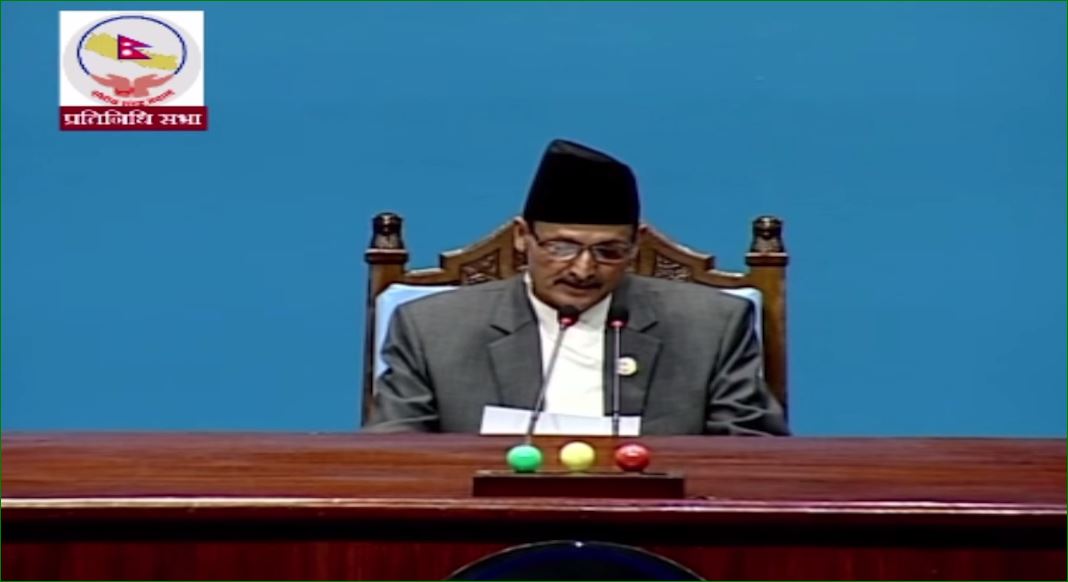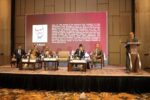KATHMANDU: Speaker Agni Prasad Sapkota has said the aid agreement reached between Nepal government and the Millennium Challenge Corporation (MCC) of the US was tabled in the parliament to prevent Nepali society from further polarizing.
As the Speaker apprised the House, the decision was also based on the public voices on the issue. His statement followed the differing views from the CPN-Maoist Center, Nepal Workers and Peasants’ Party and Rastriya Janamorcha about the move to take the document towards parliamentary proceedings.
As he explained, the document was included in the agenda of parliament session with the realization that it would be appropriate to ensure broader discussions on the issue of national importance. “We experienced parliamentary obstruction for long and this has affected the entire aspects and dimensions of the functioning of State,” the Speaker said, adding that such obstruction would cause further adversity when time demanded deliberations on the issue of national importance.
He urged all bodies concerned for support to build an atmosphere for deliberations on the document. Speaker Sapkota tried to make it clear that the agreement was introduced in the House recognizing the opinions and sentiments of top political leaders, lawmakers, constitutionalists, legal experts, media, intellectuals and distinguished personalities in the society.
Meanwhile, the three political parties including the Maoist Center have said their serious attention was drawn towards the presentation of agreement in the House of Representatives (HoR) when the House obstruction continued and broader political consensus about the matter was missing.
Maoist Centre Chief Whip Dev Prasad Gurung, Nepal Workers and Peasants’ Party lawmaker Prem Suwal, Rastriya Janamorcha’s Durga Poudel and lawmaker Dr Bhim Bahadur Rawal aired the views that some of the MCC provisions were against the interest of the nation and they required to be amended first before the tabulation.









Comment